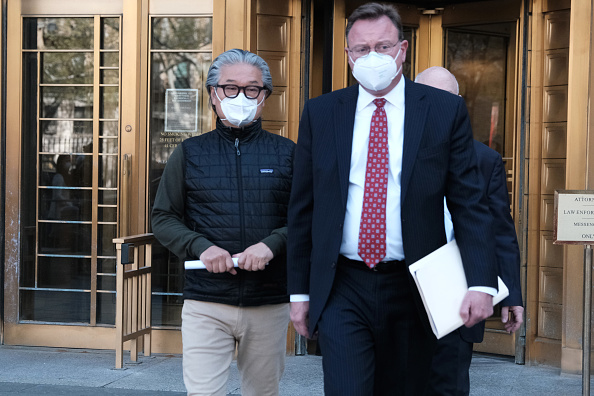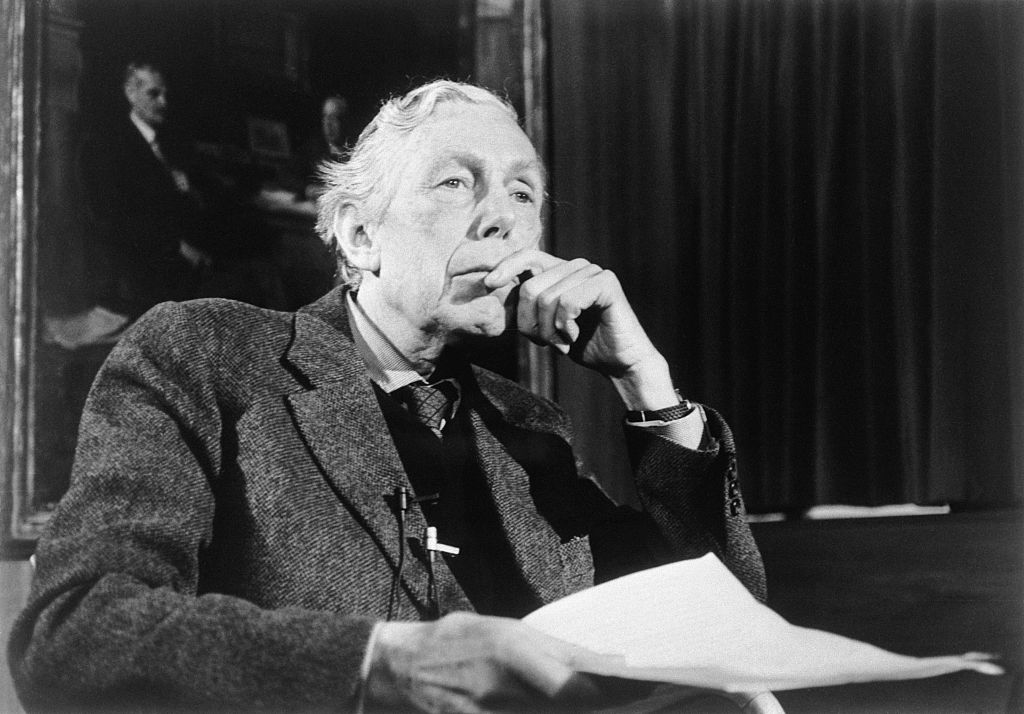Last week, as much of the world now knows, three young girls were murdered and eight others were seriously injured in a knife attack at a children’s dance class in Southport, north-west England. In the wake of the attack, protests have taken place first in Southport and then across the country, often turning violent.
In riots in Southport last Tuesday, the local mosque was attacked and dozens of police were injured. Elsewhere, mobs have attempted to set migrant hotels ablaze. This week, in response, masked Muslim gangs have taken to the streets and have targeted passing cars, reporters, passers-by, and pubs.
The response of the UK prime minister, Sir Keir Starmer, has been to denounce repeatedly the rioters as “far-right thugs” and to effect a heavy crackdown. He has announced a “standing army” of police officers meant to counter potential riots. Facial recognition technology and other illiberal measures will be brought in to “prevent” violent disorder before it happens. And space is being made in our overcrowded prison estate, including by releasing violent criminals, to fast-track rioters behind bars.
Though seemingly now abating, the riots have been the most serious civil disorder in Britain since the 2011 London riots. They have exposed a nation whose social fabric is at breaking point after decades of ill-advised policies of mass immigration and multiculturalism. Yet in the inquest now beginning to take place, Britain’s political class is largely ignoring this uncomfortable fact. Instead, it has opted to focus on one factor alone: social media, and specifically, Elon Musk’s X (formerly Twitter).
It is true, at least, that at the beginning of all this was some online misinformation. On the day the riots began, a post on “Channel3 Now,” a news aggregator designed to look like a news website, claimed that the suspect in the attack was a Muslim called Ali Al-Shakati, who had recently come to Britain across the Channel as an illegal migrant and who was known to the security services.
This was completely untrue, but it was amplified by X accounts with large followings including Tommy Robinson and Andrew Tate and may well have led to the disgraceful targeting of the Southport mosque. In reality, the 17-year-old alleged perpetrator, Axel Rudakubana, is the Cardiff-born son of Rwandan immigrants, and has no known links to Islam. Being underage, reporting restrictions meant he could not immediately be publicly identified by the authorities.
Nevertheless, online discourse does not happen in a social vacuum, and if rumours circulating online are enough to move people to riot, both in Southport and across the country, the pressing question is, why? Well, in recent years, concern about immigration, integration and violent crime have reached fever pitch in Britain. Political manifesto after manifesto has promised to bring immigration numbers down, and as government after government has done the opposite, many in Britain feel betrayed.
Today, the UK’s foreign-born population stands at a whopping 15 per cent, an enormous, destabilising level of demographic churn. GDP per capita has fallen as the population rises. Many feel these pressing concerns for on deaf ears in Britain’s political class.
What is more, no one expects a Labour government to be any different. In the weeks leading up to the Southport attack, a wave of crime and rioting, much of it visibly committed by ethnic minorities, has created a palpable sense of disorder and lawlessness. After the incoming Labour government scrapped the Conservatives’ plan to process asylum seekers in Rwanda, small boat arrivals across the English Channel have shot up. Yet in his hectoring speeches in the wake of the riots, the prime minister has refused to recognise any of these concerns – repeatedly ignoring the question entirely when asked about immigration.
In this context, this Southport attack seems little more than a trigger point for the riots. Three beautiful young girls are dead, and the suspect is of a migrant background. This has been enough to make it a lightning rod for all manner of unaddressed grievances. Historians may one day call it a “proximate cause.” It was the assassination of Archduke Franz Ferdinand that sparked the fuse that started the First World War – but in the precarious web of militarisation across Europe in 1914, it could easily have been something else.
Yet the establishment is wilfully ignoring the social conditions that precipitated these riots. Instead, with social media identified instead as the chief cause, our political class has pivoted to a programme of digital authoritarianism in response.
Starmer set the tone in his first speech about the disorder last week. “To large social media companies and those who run them,” he fulminated, “violent disorder clearly whipped up online” is a “crime.” This deeply censorious statement is of dubious legal clarity, yet this week, Starmer’s Director of Public Prosecutions has gone even further. He suggested that merely retweeting a video of a riot could amount to a criminal offence, warning users that, “We have dedicated police officers whose sole task is to scour the internet” looking for them.
In Europe, social media users post at the sufferance of Digital Services Act. In Britain, our equivalent in digital authoritarianism is the Online Safety Act, passed last year and enforced by the broadcast regulator, Ofcom. The home secretary, Yvette Cooper, has pledged to pursue tech giants about their alleged role in the riots, and she wants a “longer-term debate about the wider legal framework” on online misinformation. This already stringent online content law may soon become even more restrictive.
EU-watchers will know how the likes of Thierry “The Enforcer” Breton and Věra Jourová square up to Elon Musk to burnish their image in Brussels. Now, with the tech billionaire in a spat with Starmer after deriding him as “two-tier Keir” — suggesting two tiers of policing, one against the apparent Right and another against everyone else — to his near 200 million followers, British politicians are getting in on the act. Two Labour MPs, hopefuls to chair the science and technology committee, have pledged to summon the tech billionaire to parliament for a grilling over his X’s alleged role in the riots. Whether they have the power to do this is doubtful. But should he decide to come, it would be to see him run rings around these censorious Labour apparatchiks.
For much of the British establishment, as for figures like Ursula von der Leyen, it is comforting to imagine that growing public discontent in their societies is the result not of their own disastrous policies, but of free speech on platforms such as X. In this, however, they are doubly wrong. Not only do the problems facing the West run much deeper than that – but free and open debate is the best way to start solving them.





Zelensky drags America into war, or Zelensky loses